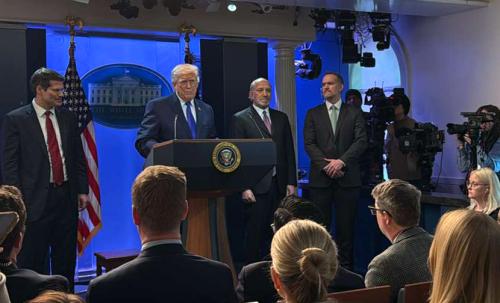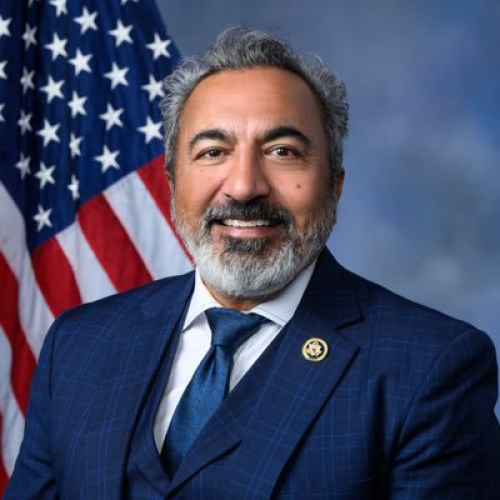New York, June 28 (IANS) A 49-year-old Indian-American man was sentenced to more than three years in prison for illegally bringing hundreds of Indian nationals across the border from Canada and then to locations in the midwest and beyond, using ride-hailing major Uber.
Rajinder Pal Singh, aka Jaspal Gill of Elk Grove in California, was sentenced on Tuesday at the District Court in Seattle for Conspiracy to Transport and Harbor Certain Aliens for Profit and Conspiracy to Commit Money Laundering.
Singh pleaded guilty in February, admitting that he took in more than $500,000 as a key member of a smuggling ring that used Uber to transport people illegally.
“Over a four-year period, Mr Singh arranged for more than 800 people to be smuggled into the US across the northern border and into Washington State,” said Acting US Attorney Tessa M Gorman.
She said that Singh’s participation in the conspiracy saddled those smuggled with crushing debt of as much as $70,000.
According to records filed in the case, as early as July 2018, Singh and his co-conspirators used Uber to transport people who had illegally crossed the border from Canada to the Seattle area.
Those records detail how trips beginning near the border in the early hours of the morning, would be split between different rides.
For example, one Uber trip would be from the border to Sea-Tac airport, and then minutes later the second trip would be from a nearby airport hotel to an address in Lacey, Washington, owned by Singh’s spouse, the Attorney's office, Western District of Washington, said.
From mid-2018 to May 2022, Singh arranged more than 600 trips involving the transportation of Indian nationals who had been illegally smuggled into the US.
Once the non-citizens had been smuggled into the US, Singh coordinated with other co-conspirators who, using one-way vehicle rentals, would transport these individuals to their ultimate destinations outside Washington state.
Singh and his co-conspirators used sophisticated means to launder the organisation’s illicit proceeds.
For example, on one instance, Singh and his co-conspirators arranged for smuggling fees to be sent via hawala from India to New York.
Once the smuggling fee was received in cash from the New York hawala, these funds were converted into a check, mailed to a co-conspirator in Kentucky, and then were washed through multiple financial accounts.
In the plea agreement, Singh admitted that the purpose of this money movement was to obscure the illicit nature of these funds, i.e., money laundering, the Attorney's Office said in a statement.
The smuggling scheme has been underway since at least 2018. It slowed during the pandemic when Canada was not admitting non-citizens, but it picked up after pandemic restrictions were lifted.
In all, the investigation estimates that between July 2018, and April 2022, the 17 Uber accounts tied to this smuggling ring ran up more than $80,000 in charges.
During the search of one of his homes in Elk Grove, California, investigators found about $45,000 in cash as well as counterfeit identity documents.
They also found copies of falsified documents that had been submitted to immigration judges in Washington during bond hearings for non-citizens who had been smuggled into the US by Singh and his co-conspirators, but who had been arrested by immigration authorities after illegally crossing the border.
Singh has agreed to forfeit cash and other personal property seized during the search of his residences, as well as a money judgement of $500,000 which represents proceeds he obtained from his criminal scheme.
“This conduct was not just a security risk for our country, it also subjected those smuggled to security and safety risks during the often weeks-long smuggling route from India to the US," Attorney Gorman said.
According to the Attorney's Office, Singh is not legally present in the US and will likely be deported following his prison term.












